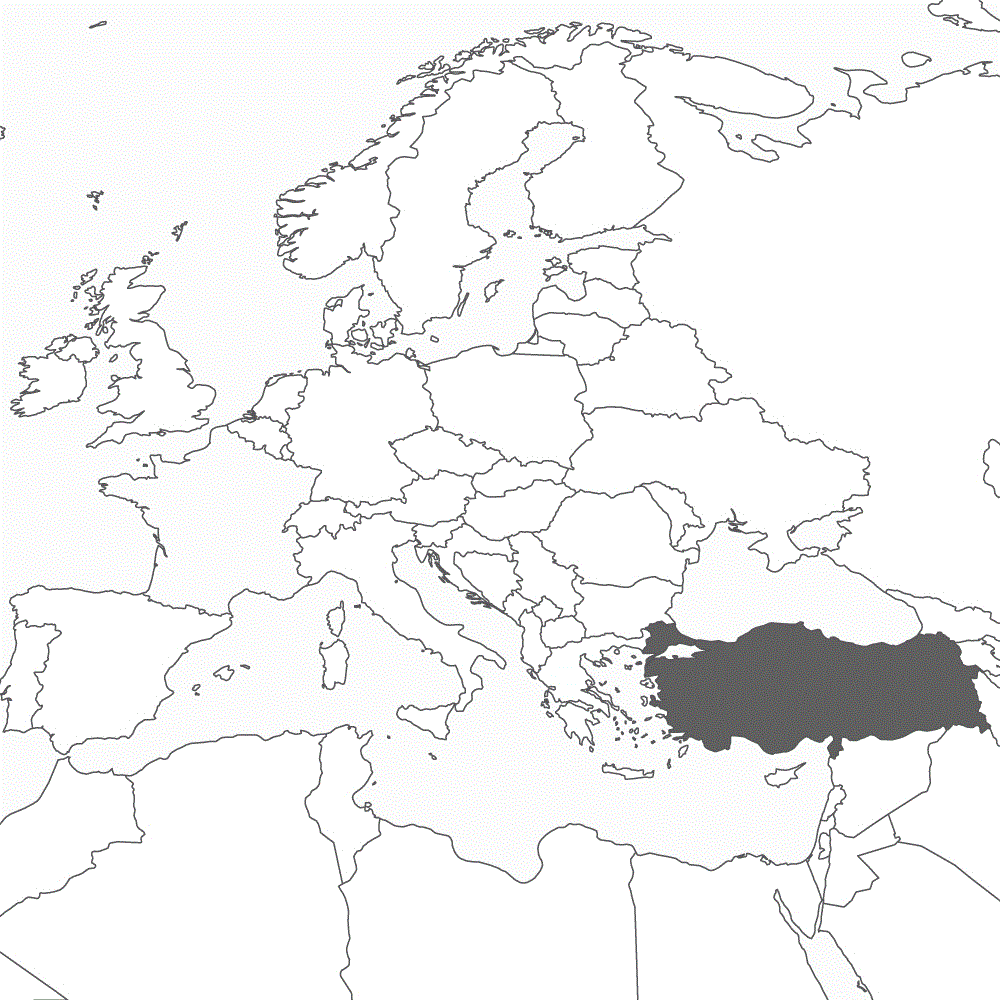BERLIN/ANKARA (Own report) – Turkish President Recep Tayyig Erdoğan’s arrival in Berlin on a state visit amid media reports of arms cooperation with his country and of state-sponsored denunciation, using a smartphone app of those – also in Germany – critical of his government. Erdoğan will be received with all protocolary state honors, since the German government wants to strengthen its ties to Ankara at all costs. There is a growing risk that Ankara will turn its back on the West. Germany seeks to strengthen these ties because of Turkey’s contribution to warding off refugees and particularly for geostrategic motives. Turkey is regarded as the indispensable isthmus to Germany gaining the much-coveted influence in Central Asia and the Middle East. Ankara is also facilitating the participation of Berlin in achieving an alignment in Syria, together with Moscow – but with the exclusion of Washington. Expansion of German-Turkish cooperation involves contracts in the billions for German companies and German participation in the development of Turkey’s own arms industry.








